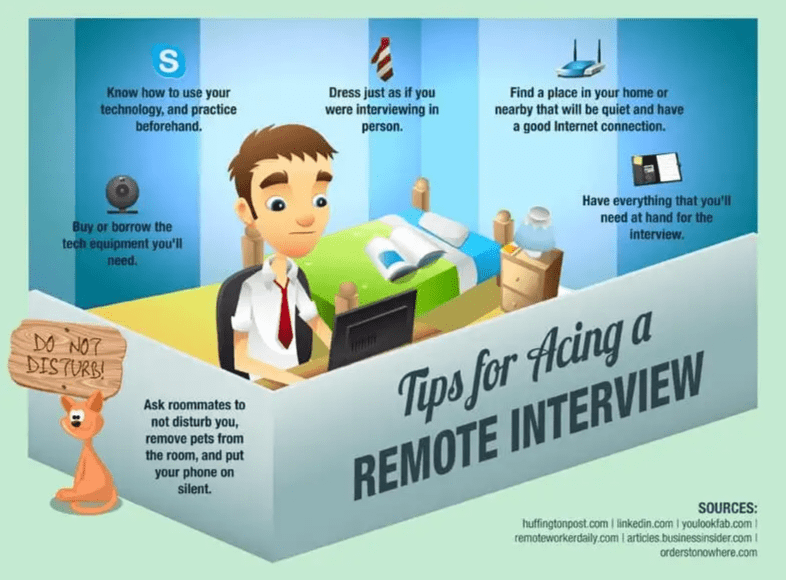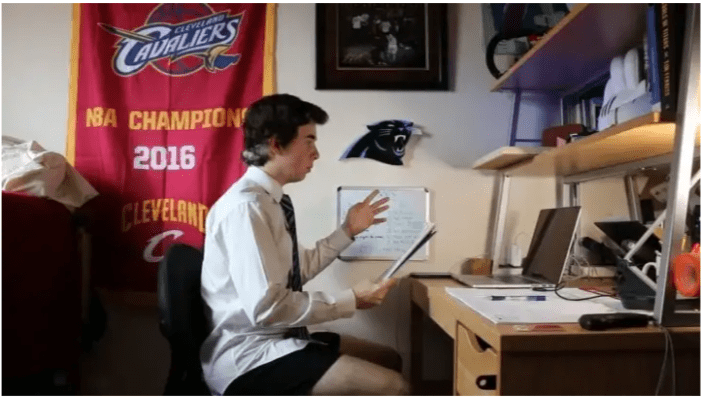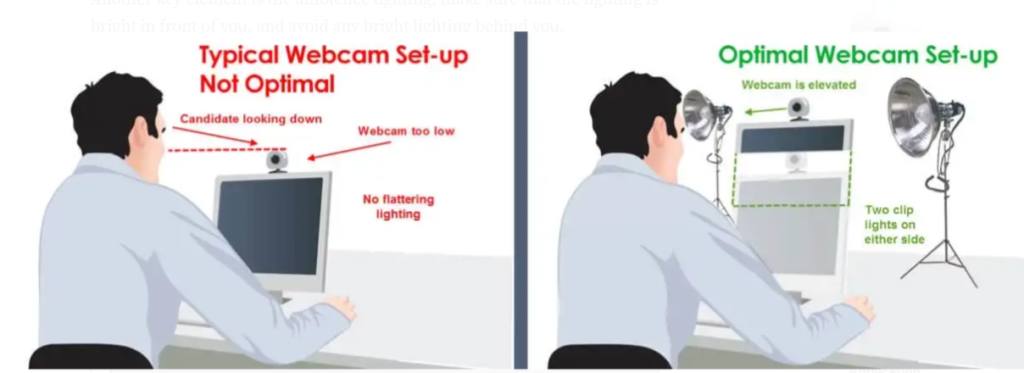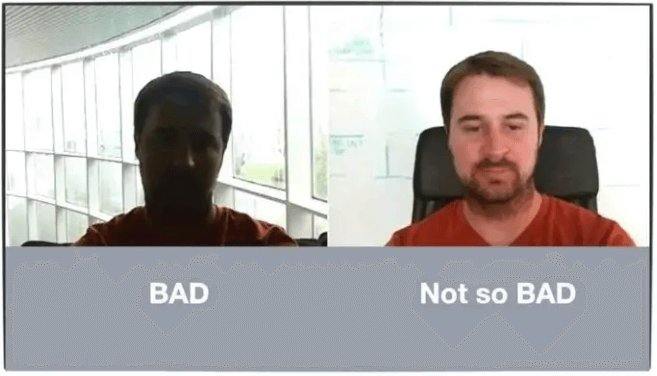You are sending emails to Professors, hoping to find an opening in your desired research group for your PhD. Perhaps, you just submitted your applications for your desired PhD or MS program. One fine day, you were informed that you have been invited for an interview for PhD admission.
Congratulations! The admission committee or the professor considers you a potential and qualified candidate for their PhD program. The online interview process will allow them to determine if you’re a good fit. The professor wants to make sure that s/he is selecting the right candidate. Now, it is your turn to show the interviewer/s who you are? What your research interests are and what makes you the right candidate for their program?
Format of the Interview:
There is no definite format and formality for an interview for PhD admission unless specified. In most cases, a professor would like to take your interview if you make your way in his/her shortlist. Once satisfied, then s/he will invite you to submit a formal application. In some cases, the interview is taken after you officially submit your application. Regardless the level of formality of the meeting, you should prepare a presentation about your academic life and research work, do a thorough homework about the program, and the research works of your potential supervisor.

Interview Etiquette:
Dress Decently:
Though most of the online interviews with potential PhD students and postdocs are somewhat informal, you should dress in an appropriate way. It is not have to be formal, but put on a formal shirt regardless of whether you are wearing business trousers or just underwear.

Tidy Your Surroundings:
You don’t need to put a green screen behind your back. However, if your backdrop displays posters, used clothes and an unmade bed; then most likely it will be considered as lack of sincerity of yours which will lead you nothing but a simple rejection. So anything creates a nice contrast with your attire and tidy would be fine.

Check your Webcam and Ambience Lighting:
You just received the Zoom/Skype call, and you just realized that your webcam is not working. It’s an hardware issue which can’t be solved immediately. So before you start preparing for the interview, make sure that your webcam is working. If you borrow an extra webcam then level it with your face in such a way that both your face and shoulders are visible. Don’t angle the camera in such a way so that it turns out to be a nosecam from webcam.

Another key element is the ambience lighting, make sure that the lighting is bright in front of you, and avoid any bright lighting behind you.

To-do List Before the Interview:
- Be prepared to discuss why you want to pursue your PhD on a particular track, what is your career goals and supporting statements whether you are going to academia or industry.
- Why did you choose this program? — please don’t throw some cliche lines while you answer this question. If you apply to a top ranked schools — don’t just say that it is a top school in your program, everyone knows that. You should rather say about the research projects of the faculty that intrigued you most, or discuss about the existing research infrastructure and facilities that the university has.
- Discuss your research interest and specific research plans if you have any. Why you have chosen some particular field? Why Professor X not Professor Y? What do you expect from the program? How will you contribute to your desired field of research?
- Be prepared to ask questions. Though in Science there is no stupid questions, but make sure that your questions reflect your intelligence and sincerity.
Prepare a Presentation:
Presentation is an essential tool to communicate effectively during the interview for PhD admission. It is always a good idea to communicate your experiences with a visual presentation. During the interview, you might miss some key points about your past research work and experiences. A good presentation will help you in this regard. It also facilitates further discussion regarding your research experience, if the interviewer is really interested to know more about your work. Make sure you know how to share your screen. You might also ask your interviewer whether s/he needs the copy of your presentation to be mailed.
In some schools PhD students are assigned as Teaching Assistant (TA) during the 1st year of their studies, in that case you will be asked about your mentoring experiences. If you don’t have any no worries, discuss about the courses that you would like to work as a TA.
Ask Questions:
An interview is a two way process. The interviewer should know whom s/he is hiring. The interviewee must know about his/her future work responsibilities and workplaces as well. During the question you must express your enthusiasm, which can be fairly conveyed by asking intelligent questions. But while you ask any questions make sure that it is somewhat relevant to your discussions, not generic questions.
I am not providing you any samples . A set of intelligent questions will include about the mentoring policy of your supervisor, what type of research facilities s/he will provide? Will your supervisor teach you to write grants or white paper? Will you be presenting your work in conferences etc. Avoid trivial questions and avoid asking for information that ‘s already available either in the departmental website or FAQ section. If you ask such type of questions that suggests you haven’t done your research. This might jeopardize your chances to get short listed or be selected.

The Don’t ‘Do’ List:
Don’t: Put your laptop on your lap or sit on a couch.
Don’t: Use a suspicious alias which elicits funny ideas about you. The “bigdude69” may provoke adult jokes — so avoid using such names.
Don’t: Expect zoom/skype to work. One of the most common problem is that your mic will not work. Sometimes you will find that Skype will crash in the middle of video conference. So make sure you fix this issue before you actually sit for the interview.
Don’t: Lean forward during an online interview. Too close and interviewers will see just your face, too far and they won’t see anything at all.
Don’t: Leave your cell phone ringer on, and don’t stay signed in to Google or Facebook chat. These sites will make a noise if someone messages you.
Don’t: Prepare less than you would for an in-person interview. Online interviews are increasingly common and as important as a traditional interview.
The Last Minute Note:
Online interview for PhD admission is becoming increasingly common, especially for international students. It is a great opportunity to market yourself as a potential candidate for the PhD program. Take the advantage of it. Always prepare ahead, a well prepared interview will put you miles ahead to get into a fully funded PhD program.
Disclaimer: No AI was used to generate any portion of this write up.


Pingback: How to Write an Academic CV? - gradbunker.com
Pingback: How to get into a fully funded PhD program?
Very Nice post Vai. Highly Appreciated.
Thank you so much. Please share our article if you like.
Pingback: What is the Optimum Timeline for Grad School Application? - gradbunker.com